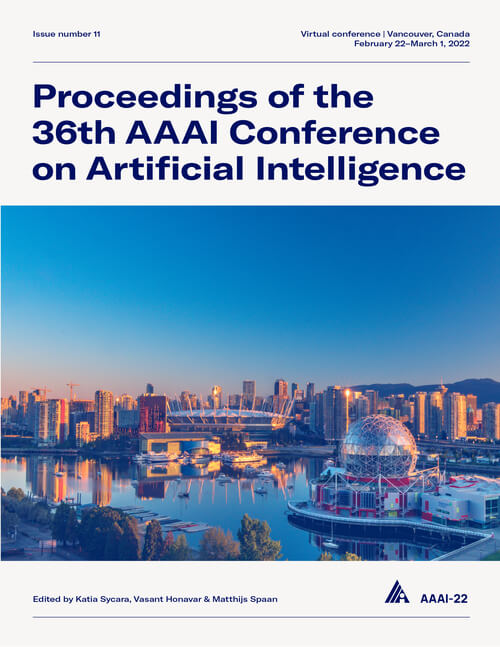Bayesian Optimisation for Active Monitoring of Air Pollution
DOI:
https://doi.org/10.1609/aaai.v36i11.21448Keywords:
AI For Social Impact (AISI Track Papers Only)Abstract
Air pollution is one of the leading causes of mortality globally, resulting in millions of deaths each year. Efficient monitoring is important to measure exposure and enforce legal limits. New low-cost sensors can be deployed in greater numbers and in more varied locations, motivating the problem of efficient automated placement. Previous work suggests Bayesian optimisation is an appropriate method, but only considered a satellite data set, with data aggregated over all altitudes. It is ground-level pollution, that humans breathe, which matters most. We improve on those results using hierarchical models and evaluate our models on urban pollution data in London to show that Bayesian optimisation can be successfully applied to the problem.Downloads
Published
2022-06-28
How to Cite
Hellan, S. P., Lucas, C. G., & Goddard, N. H. (2022). Bayesian Optimisation for Active Monitoring of Air Pollution. Proceedings of the AAAI Conference on Artificial Intelligence, 36(11), 11908-11916. https://doi.org/10.1609/aaai.v36i11.21448
Issue
Section
AAAI Special Track on AI for Social Impact

